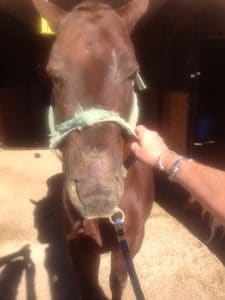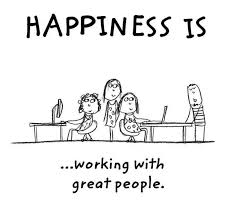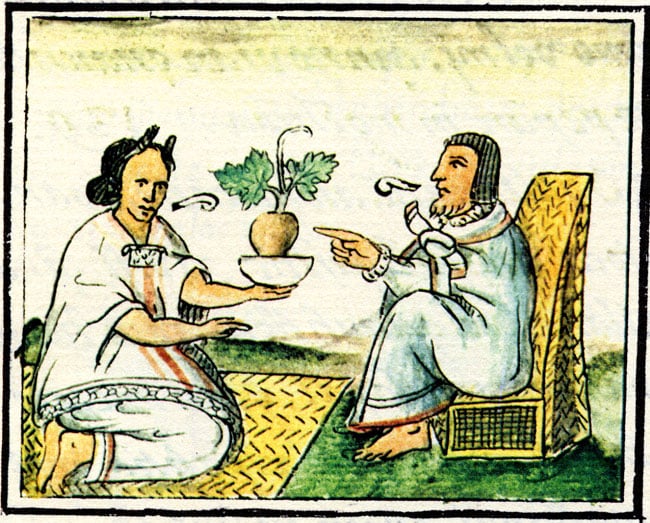 I thought I’d take a couple of days to gather my thoughts about Reuben. The immediacy of time and treatment is gone. One can (and probably should) take time for reflection. So, in no particular order…
I thought I’d take a couple of days to gather my thoughts about Reuben. The immediacy of time and treatment is gone. One can (and probably should) take time for reflection. So, in no particular order…
The support given to Reuben – emotional, financial, physical – was overwhelming, and almost completely unexpected. So many offered to help – so many DID help.
Thousands of dollars of supplies were donated. Reuben was helped by donations from companies big to small, such MWI Veterinary Supply, Patterson Veterinary Supply, Zoetis, Henry Schein Veterinary, Kinetic Vet, and last, but not least, the Village Hive, right in my own backyard.
While many people offered to send money, and I even had a $100 bill put in my hand (given by an anonymous donor), most of the cost of Reuben’s care was taken care of by the Noah’s Legacy Fund of Los Angeles County. They generously offered their support. Concerned horse people – just as generously – helped refill their coffers. LA County is going to look into using funds for disaster preparedness supplies and training, to try to help keep tragedies like Reuben – who, to be honest, was a face of a lot of tragedies – from happening again. I’m going to get to help.
 Drs. Elizabeth Woolsey Herbert, John Madigan, and Monica Aleman were available to discuss Reuben’s case. Dr. Herbert had the misfortune of having to take care of over a dozen burned horses in South Australia a couple of years back, and has recently written a seminal paper on the subject, based on her experiences. Drs. Madigan and Aleman are teachers at the University of California, Davis. Their care, support, and compassion were invaluable to me. Having the support of colleagues in trying times helps make caring for severely injured horses less stressful, although no less terrible.
Drs. Elizabeth Woolsey Herbert, John Madigan, and Monica Aleman were available to discuss Reuben’s case. Dr. Herbert had the misfortune of having to take care of over a dozen burned horses in South Australia a couple of years back, and has recently written a seminal paper on the subject, based on her experiences. Drs. Madigan and Aleman are teachers at the University of California, Davis. Their care, support, and compassion were invaluable to me. Having the support of colleagues in trying times helps make caring for severely injured horses less stressful, although no less terrible.
The brunt of the aftercare was done by my long-time clients and friends at TAP Ranch, in Agua Dulce, CA. Dana Connors, her daughter, Cooper Wills, Amy, Tina, Mike, and others took on the thankless task of bathing, debriding, feeding, medicating, and trying to help Reuben recover. His loss was heartbreaking – it was certainly not for lack of effort. Any use of the word “hero” should be saved for them. If there are better places to keep a horse that allow a horse to be a horse, I’m not aware of them.
Some other thoughts….
 Several people have asked about why Reuben was kept alive at all. I understand the question. No one wants to promote suffering. That said, it’s always easy to look back at a case. In the light of hindsight, it assuredly would have been best to put Reuben to sleep as soon as he was received at the Pierce College evacuation center. He would not have had to undergo nearly three weeks of decline. In an ideal world – which, of course, is a world in which no one lives – no one would have advocated for keeping Reuben alive.
Several people have asked about why Reuben was kept alive at all. I understand the question. No one wants to promote suffering. That said, it’s always easy to look back at a case. In the light of hindsight, it assuredly would have been best to put Reuben to sleep as soon as he was received at the Pierce College evacuation center. He would not have had to undergo nearly three weeks of decline. In an ideal world – which, of course, is a world in which no one lives – no one would have advocated for keeping Reuben alive.
But we don’t live in an ideal world. We also live in a world where burned horses do recover and go on to live happy, productive, and pain-free lives. The goal was not to make Reuben suffer. The goal was to return Reuben to world where he had been loved and been cared for: where he had been happy.
The horror of having to deal with a burned horse is that there’s no way to tell how bad the initial damage is. It’s not like a broken leg, where one can see a horse unable to stand, and one can know – from years of experience, and understanding fracture repair, and such – that the situation is hopeless. Dealing with burns is more insidious. The damaged to tissue and to circulation is inapparent at first. Reuben was really good for at least then first week. Then, as pieces of Reuben began to die from the destruction caused by the intense heat, his body began to reject them.

Even so, there was room for hope. Other burned horses have lost skin and recovered. Other burned horses have had hoof wall separations and recovered. There was room for hope, even as Reuben got worse.
 That’s the problem with chronic conditions: the problem with hope. No matter how things are going, it seems that there’s always the hope that the next day, things will have stabilized. There’s always the hope that the next pain reliever will be more effective, or that the next day, the hoof walls will have stabilized, or that the next treatment will bring a miracle. There’s always another product to try, Others made it back – why not Reuben?
That’s the problem with chronic conditions: the problem with hope. No matter how things are going, it seems that there’s always the hope that the next day, things will have stabilized. There’s always the hope that the next pain reliever will be more effective, or that the next day, the hoof walls will have stabilized, or that the next treatment will bring a miracle. There’s always another product to try, Others made it back – why not Reuben?
If our job was to try to bring Reuben back, to try to prevent him from suffering, and, when it became apparent that things weren’t going to turn out well, to stop that suffering altogether, then Reuben’s treatment was a complete success. If the goal was to get Reuben back under a saddle, then it was a total failure. I guess it depends on how you look at things. Life’s like that, isn’t it?
 Taking care of horses is both wonderful and terrible. It’s wonderful because you get to help take care of these amazing animals, while at the same time, setting up relationships with, and even helping, the wonderful people who take care of them. But it’s terrible because, ultimately, taking care of horses brings you face-to-face with your limitations: even your own sense of mortality. You don’t always get to win, at least if “win” means always making a horse better. With Reuben, everyone was motivated by the best of intentions, but cursed by the inevitability, the invisibility, the insidiousness, and the relentlessness of his killer.
Taking care of horses is both wonderful and terrible. It’s wonderful because you get to help take care of these amazing animals, while at the same time, setting up relationships with, and even helping, the wonderful people who take care of them. But it’s terrible because, ultimately, taking care of horses brings you face-to-face with your limitations: even your own sense of mortality. You don’t always get to win, at least if “win” means always making a horse better. With Reuben, everyone was motivated by the best of intentions, but cursed by the inevitability, the invisibility, the insidiousness, and the relentlessness of his killer.
Helping take care of Reuben was a privilege. I wish we could have brought him back. I’ll never forget his last whinny. I guess he was saying good-bye.
 The New Year will bring more challenges, as it has for every year since I decided to become a horse vet. I’m looking forward to them. I get a chance to help horses. Happy New Year to all. You are privileged if you are able to do the same.
The New Year will bring more challenges, as it has for every year since I decided to become a horse vet. I’m looking forward to them. I get a chance to help horses. Happy New Year to all. You are privileged if you are able to do the same.






